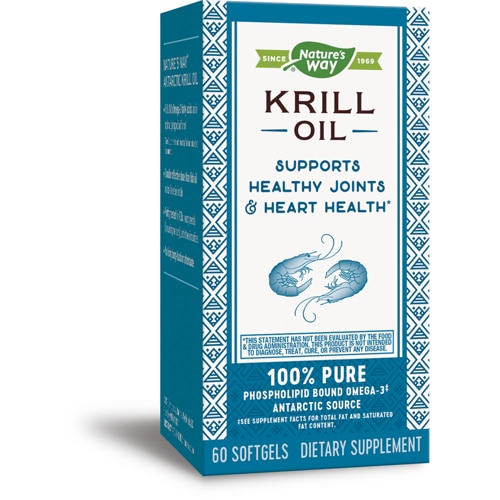Summer blueberries are one of the season’s special treats. And as it turns out, the fruit that warms your heart can also protect it.
Eating just a cup of blueberries – 150 grams -- each day reduces your risk of cardiovascular disease by up to 15 percent, according to a recent study published in the American Journal of Clinical Nutrition.
Blueberries offer this benefit because they are rich in naturally occurring compounds called anthocyanins, the researchers say. Eating the fruit appears to boost vascular function and reduce arterial stiffness.
Fortunately, blueberries are not the only food that protects your heart. Following are four more heart-smart foods you should consider eating every day.
Top foods good for heart health
Nuts
Go crazy for nuts: Eating about 1.5 ounces of nuts every day may reduce your risk of heart disease, the U.S. Department of Agriculture reports.
Nuts are rich in healthful unsaturated fat. Other foods that offer this benefit include olives and avocados.
By contrast, avoid saturated fat, which is found in animal fats -- fatty meats, high-fat dairy, butter, cheese and bacon, says Sharon Palmer – a registered dietitian nutritionist known as the “Plant-Powered Dietitian.
“Saturated fat raises blood cholesterol levels,” she says. “Reduce the amount of saturated fat to less than 10 percent of calories, which is about 22 grams for the average person.”
Lentils
Pulses are a great option for anyone looking to eat less meat. These foods – which are the edible seeds of plants in the legume family – include lentils, beans and peas.
Palmer recommends eating pulses “at least three times per week as the protein source on the plate.”
Colorful vegetables
Eating a variety of colorful vegetables can be heart-smart.
“These foods have powerful antioxidant and anti-inflammatory activity, yet they are low in calories and can help reduce risk of obesity,” Palmer says.
Aim to consume 2 to 3 cups per day, Palmer says. “Only about 9 percent of people meet this recommendation,” she says.
Oats or quinoa
Skip the sugary cereal, because it may be bad for your heart.
People who take in 25 percent or more of their calories as sugar are more than twice as likely to die from heart disease as those with a diet that is less than 10 percent added sugar, a 2014 study published in JAMA Internal Medicine found.
So, start your day with a more healthful alternative, such as whole oats or quinoa. In fact, Palmer says any whole grain – including whole wheat and brown rice – is a good addition to your diet.
“People do not get enough whole grains, yet these are packed with fiber and compounds that are good for heart health,” she says.
How to eat more heart healthy foods
Some people may be reluctant to add these healthful foods to their daily diet. If you don’t like the selections above, look for more appealing alternatives.
“There are hundreds of varieties within these categories -- thousands in the vegetables category,” Palmer says.
You can also experiment with recipes that might transform otherwise unappealing foods into something tasty.
Other tips from Palmer include:
1. Go to a farmers market or grow some food. “You will be inspired with the sheer beauty and flavor in plant foods,” Palmer says.
2. Take a gradual approach. For example, experiment with a “meatless Monday.” “Try one new recipe each week on your slowest night of the week,” Palmer says. “Break your menu cycle and try something different.”
3. Try to include vegetables at every meal. Americans get too few vegetables in their diet, so use every opportunity -- even breakfast – to increase your veggie intake, Palmer says.




